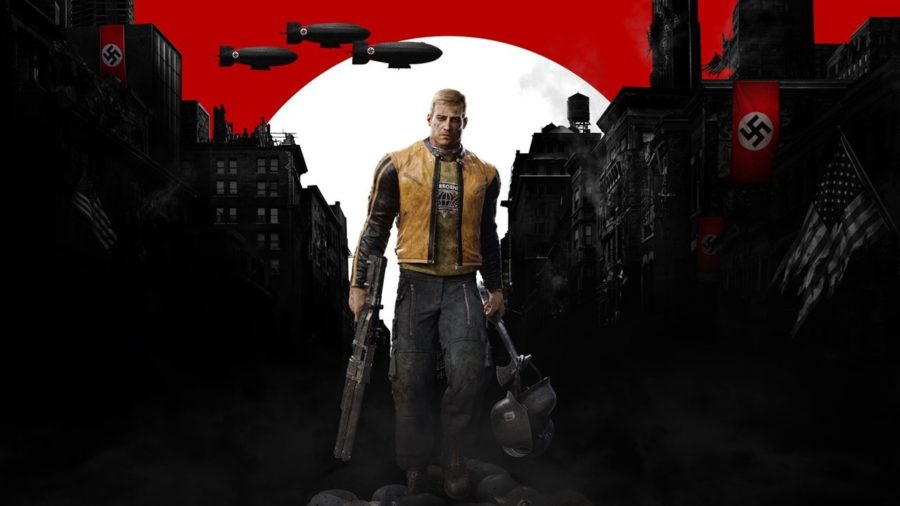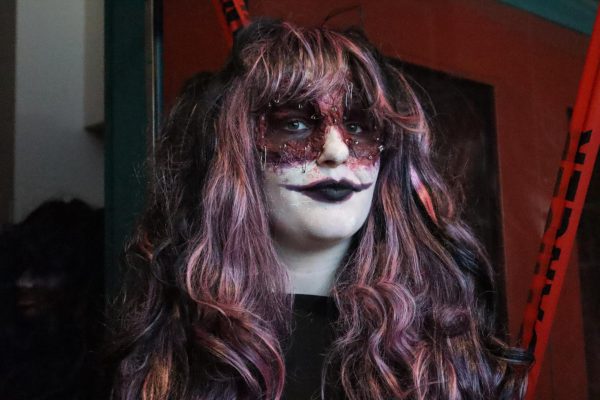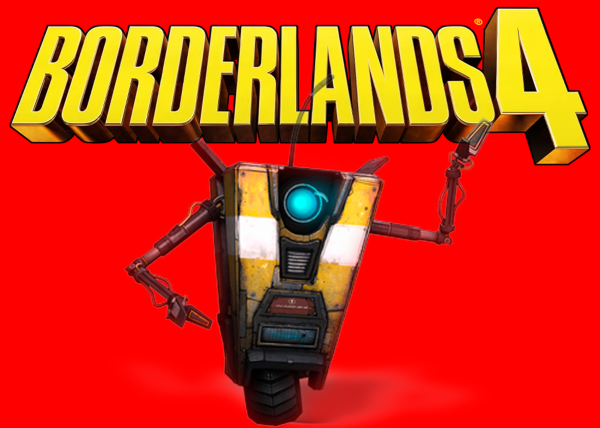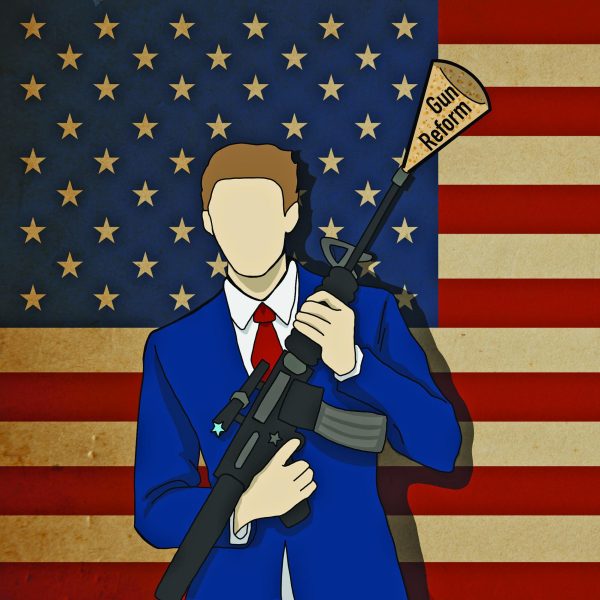Which game got it right when it comes to Nazi imagery: Wolfenstein or COD WWII?
December 18, 2017
The release of two games involving Nazis has highlighted the contrasting ways developers approach the inclusion of controversial symbols like the swastika.
Bethesda, which recently released Wolfenstein II: The New Colossus, has recently “kicked the hornet’s nest” with its decision to include the swastika as well as various Nazi and KKK imagery. Meanwhile, Activision took a more cautious approach with its release of Call of Duty: WWII, as it expunged the swastika altogether from its game.
So the question many gamers are asking now is who made the better decision? Should have Bethesda buckled under the pressure of a bunch of pissed off neo-Nazis? Or should Activision let players kill Nazis in the game?
To be fair, Activision would likely receive a lot of backlashes regardless of their decision to include the Nazi imagery. Being the creators of such a big game franchise, Activision and Sledgehammer developers said they worked to be mindful of what they put in their games.
Michael Condrey, co-founder of Sledgehammer, explained in a Forbes article regarding their decision-making process to include the Nazi iconography was debated throughout the development of the game.
“It’s a fine balance of not glorifying the symbolism, while also not ignoring or shying away from this dark moment in human history,” he said in the Forbes article. “There’s certainly a line that we are very conscious not to cross, while still honoring the sacrifice of those who fought to push back the world from the brink of tyranny. In short, it’s not something we take lightly.”
Meanwhile, Vice News interviewed Pete Hines, Bethesda’s public relations representative, on their decisions when developing their game.
When asked if Bethesda was “poking a hornet’s nest”, he responded saying “maybe a little bit, but the hornet’s nest is full of Nazis so f*** those guys.”
Tommy Tordsson Björk, co-writer of Wolfenstein II: The New Colossus, said the whole game was being written and designed back in 2014, well before the Donald Trump and Ku Klux Klan craze came in full swing. Having grown up in Sweden in the 1980’s, he saw a lot of neo-Nazis protesting hateful fascist messages to people everywhere.
Klansmen roaming the streets of American cities was going to simply be a plot point of the game, but they weren’t going to back down from this just because there would be conflict. Instead, they doubled down and stayed true to their original message against the hateful mindset that leads to miscommunication and wars that kill everyone for the amusement of wicked men.
Throughout the last three Wolfenstein games, we can overhear conversations between German soldiers talking about their concerns with the way the government runs things. We even get a story explaining the futility of choice for one of them claiming that his wife left him and took his kids because she didn’t want her children raised by a Nazi. He tells his friend right next to him that if he quit, getting a new job would be hellish. Being a baker, a pottery artist, these things were ridiculous and soul-crushing for him as he states that he is doing the only thing he is good at.
The game is filled with deep and interesting characters who were molded by their surroundings in different ways because of the tyrannical rule of the Nazis. Everything is controlled by the Nazis and their motives have been generally accepted by the people. Those who want to do something about all of this hate and pain, join the resistance and are generally seen as traitors and terrorists by the masses portrayed in the game.
The backlash that both of these games face by the public makes their message even more evident. Activision tries to appeal to everyone through sensitivity and censorship of offensive content. Bethesda, however, goes all in with its provocative messages and teaches players an important lesson of what a world ruled by hate and discrimination looks like.
Debra Wilson, who voices the one the main characters in Wolfenstein, summed up this issue well in her interview with Vice News.
“I think, gameplay should make you uncomfortable. Why? Because you don’t learn from comfort levels. If you’re comfortable in the first grade, you can stay there, but that’s not going to allow you to move forward.”







